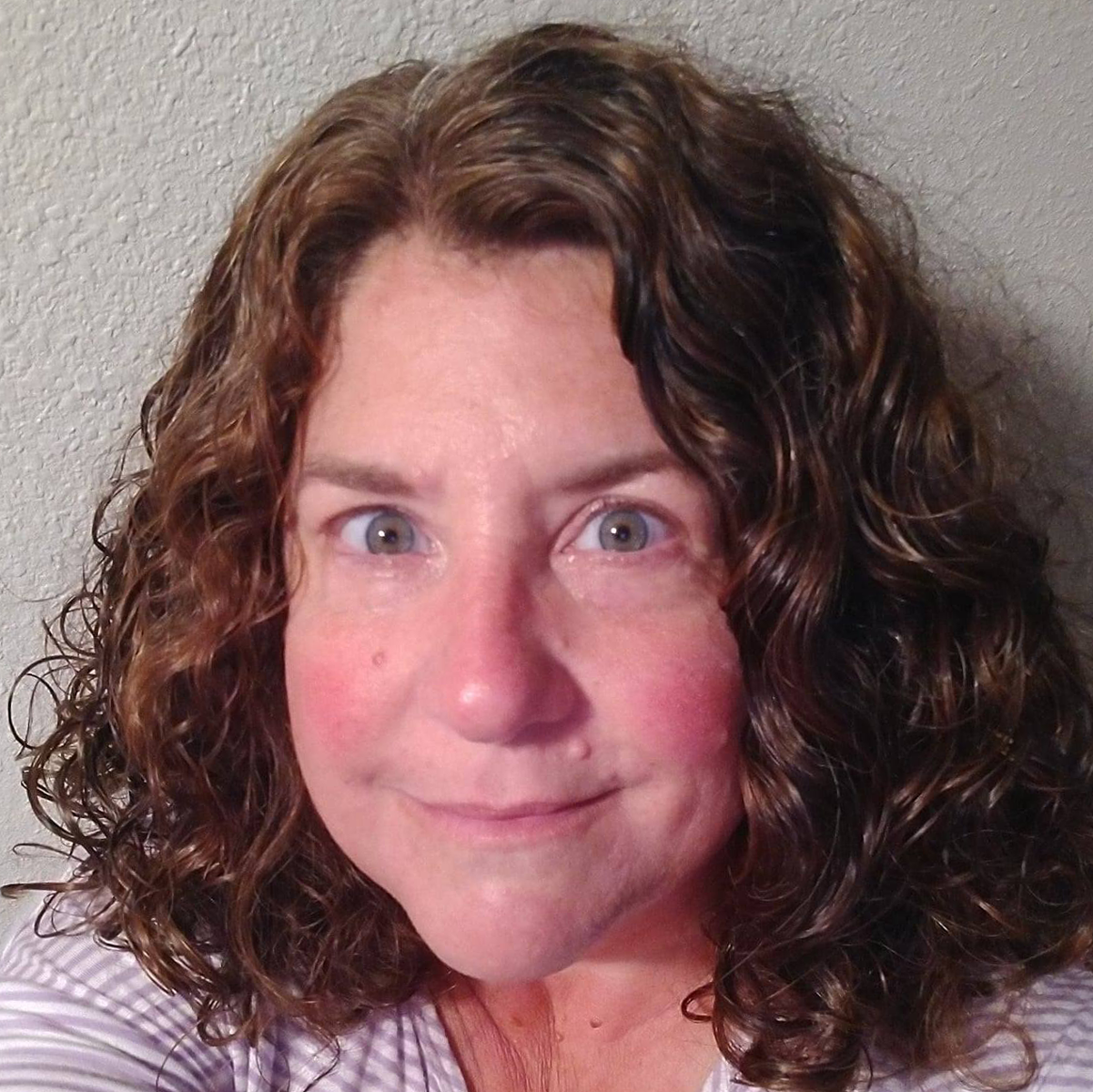Key takeaways:
Christine H. Lee had a stroke at age 33. Afterward, she lost her short-term memory and other cognitive functions.
Keeping a daily journal helped her remember important events and provided a therapeutic outlet.
Christine’s stroke revealed an undiagnosed hole in her heart. Once repaired, her physical health greatly improved.
When Christine H. Lee experienced a stroke at age 33, her symptoms didn’t exactly mirror the ones people are taught to remember with the acronym FAST (face drooping, arm weakness, speech difficulty, time to call 911).
In addition to her vision and speech being affected, she had a headache accompanied by altered images and sensations, which she would later write about in an article for BuzzFeed. She thought it was one of her chronic migraines. So she went home from running errands and took a nap, which she never does.
It was December 31, 2006. When Christine’s friends arrived for a New Year’s Eve party, she wasn’t talking much, which is also out of character for her. “People thought I was drunk,” she says.
It took years for Christine to recover from what turned out to be a stroke and a subsequent transient ischemic attack (TIA), or “mini stroke.” That process taught her many lessons, which she wrote about in her memoir, “Tell Me Everything You Don’t Remember.” Now, the 51-year-old writer who lives in Berkeley, California, shares her story to help others.
Identifying a stroke
Two days after her initial stroke symptoms, Christine didn’t feel well. She went grocery shopping, but she was disoriented and couldn’t figure out what to get. She left with one jar of tomato sauce.
“Then, I realized I didn’t know how to get home,” Christine says.
Every time she stopped her car to make a turn, she realized she didn’t know which way to go. She emptied her mind and kept driving, eventually getting home.
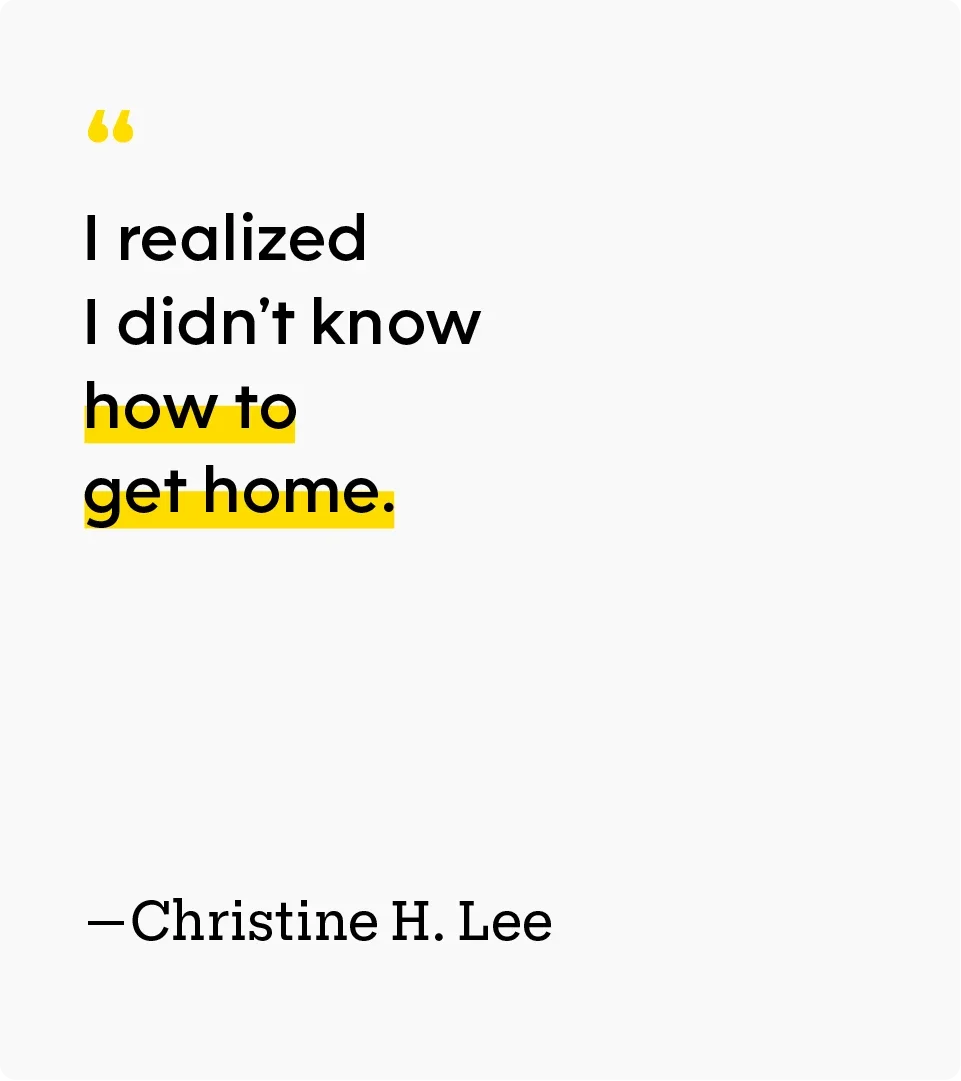
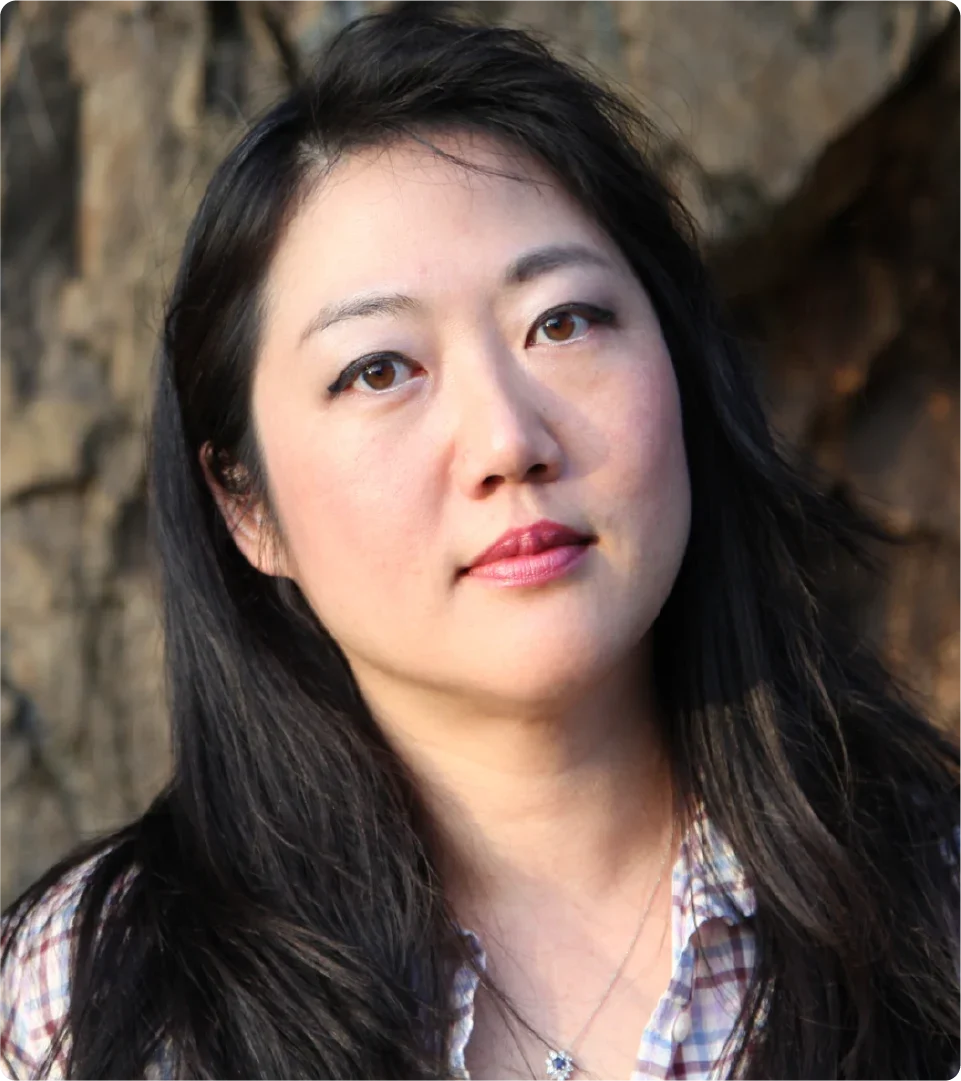
When she finally made it home, Christine went inside to call 911. But the numbers on the keypad were abstract. She couldn’t figure out how to dial 9-1-1. So she again had to rely on her intuition. She decided to type in random numbers and talk to whoever answered.
“A man picked up, and I said, ‘Hi. Who are you? I need to go to the hospital,’” she recalls.
That man was Christine’s husband. He got her to the hospital. And the couple learned that a blood clot was lodged in a blood vessel in Christine’s thalamus, the part of the brain that works as a relay station.
Journals: Short-term memory receptacles
In the hospital, Christine found out that she had short-term memory loss.
During a check-in, Christine’s neuropsychiatrist told her to write down everything. Then, the doctor left the room. A short while later, Christine’s friends visited her and told her she seemed fine. But then the neuropsychiatrist returned and asked Christine if she knew who she was.
“I said, ‘No. This is the first time we’ve met,’” Christine says, recalling how the doctor then asked her to open her notebook and read what she had written. “When I opened my book, I was able to tell her who she was and what we had talked about earlier.”
Christine’s friends immediately understood the extent of her brain injury.
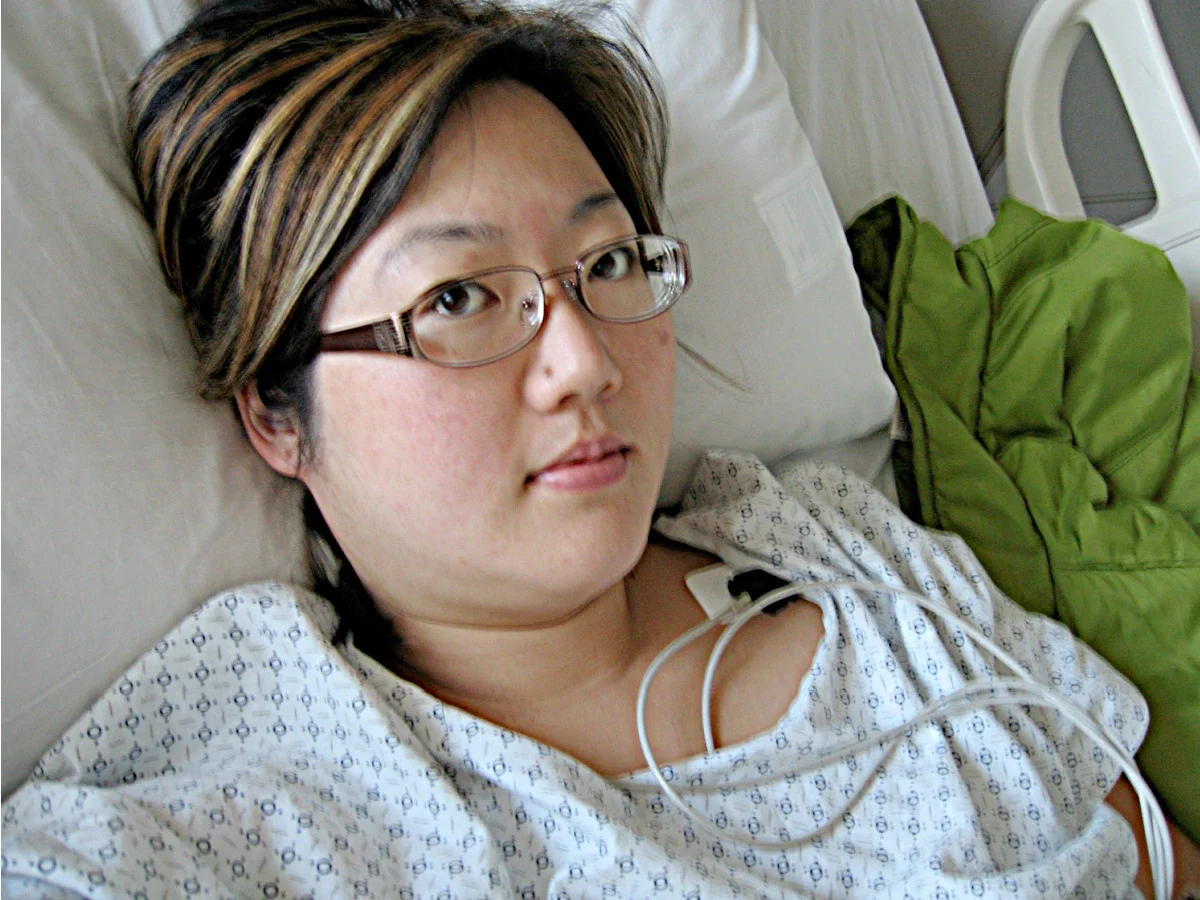

Writing everything down ended up being key to Christine’s recovery. It helped her remember daily events and occurrences. It was therapeutic. And it helped her become a better writer.
In the end, she even used her journals and medical records to write her memoir.
“I still keep a journal,” Christine says. “It’s an incredible place to record memories and events.”
A life-giving setback
After her stroke, tests found a patent foramen ovale (PFO) in Christine’s heart. This hole likely let the blood clot that caused her stroke travel through the blood vessels in her brain.
Doctors prescribed Christine blood thinners to prevent future clots. She had to have her blood drawn frequently throughout the week to check her clotting levels. And to reduce her risk of bleeding, she had to avoid strenuous activity and keep her heart rate below 120 beats per minute.
“It was a daily reminder that things were not right,” Christine says.
In June 2007, Christine had another mini stroke. She lost and regained vision in her right eye, and then in her left. She was admitted to the stroke unit. And a week later, doctors closed the hole in her heart.
The physical effects were dramatic. Once cleared for activity, Christine tried out the treadmill and found she was able to sustain a jog without getting breathless.
“I felt like I was in a new body. It was exhilarating,” she says. “There was also incredible anger and rage that this issue was overlooked until I was in my 30s.”
At that point, Christine started to focus more on her physical health. “It helped me love my body again,” she says.
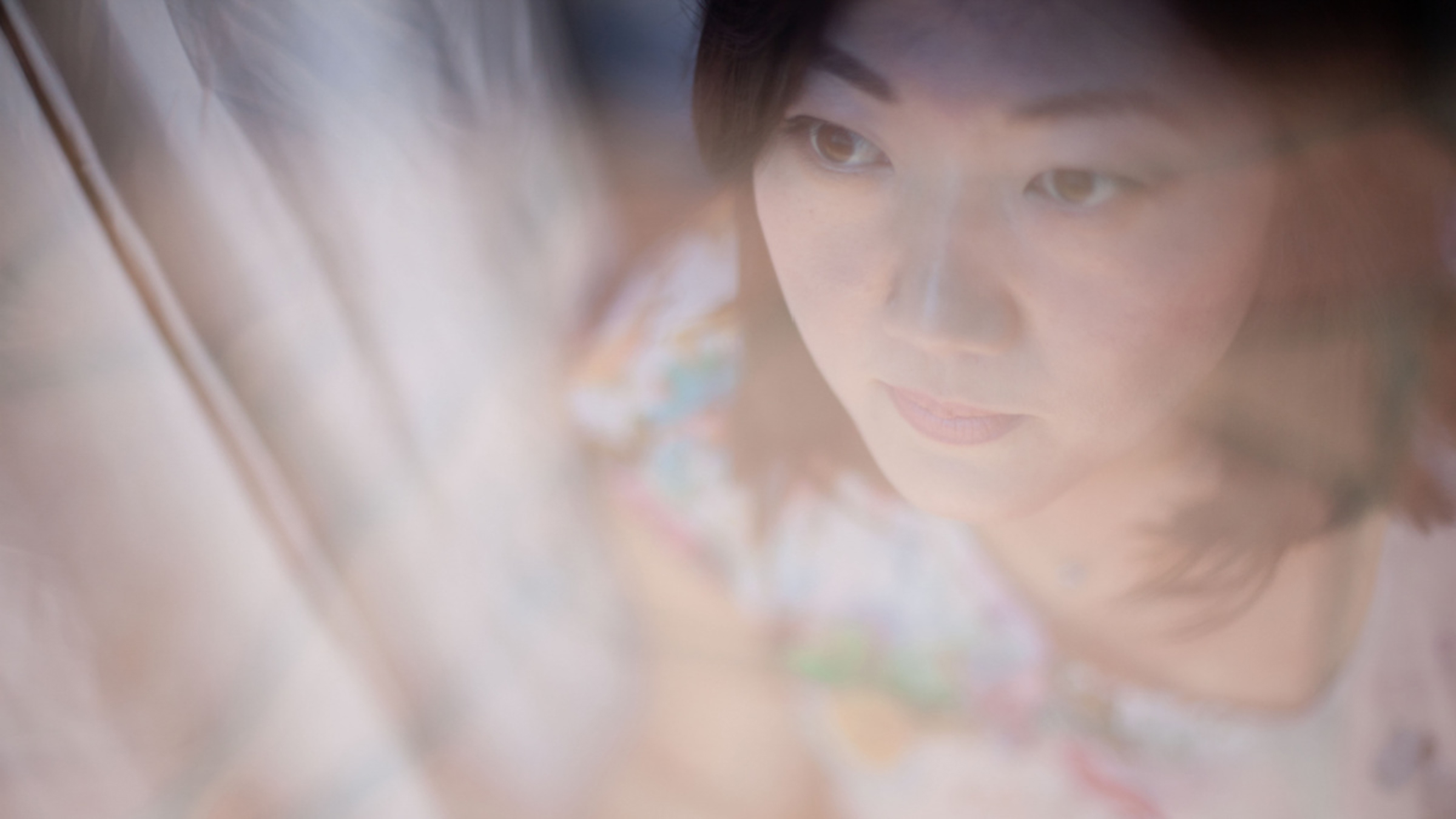
Getting to know the new Christine
While her body was better, Christine says, her brain still wasn’t. Like many stroke survivors mourning their old selves, she experienced depression.
“Here I was, able to do all these things I had not done before,” Christine says. “But I was changed.
Christine sought help from a therapist she’d seen in the past. He walked her through her depression symptoms and provided psychological support. But it wasn’t just depression that she was dealing with.
Even though, a few years after her stroke, she appeared back to normal, Christine couldn’t balance her checkbook. She didn’t have good short-term memory. And the caregiving she had needed, in addition to all the changes, had strained her marriage.
Seven years after her stroke, Christine gave birth to a daughter. Her marriage ended a few months later.
‘Living more bravely’
Christine likens stroke recovery to motherhood: There is the you before your child is born and the you after.
“You can never get the old you back — which is not to say the new you isn’t excellent,” she says. “Becoming a mother helped me realize I was a new person.”
Now, Christine says, she’s thriving. Her short-term and photographic memory are back. But she’s also changed as a person:
Once an extrovert, Christine is now an introvert who’s exhausted by crowds.
She finds solace working on her urban farm, which she’s named Hobbiton Farm.
She trusts her intuition. As she learned after her stroke, “it exists, and it is effective and can get me out of situations that are dire.”
She lives every year as if it is her last.
And she’s “living more bravely and more expansively,” in general. Once married to a neat freak, her home is now “messier than ever,” she says. “There’s dust and clutter. But when I’m on my deathbed, will I say, ‘I wish I kept my house neater’? No.”
7 things to know about stroke recovery
These are the seven things Christine says she’s learned about stroke recovery and wants others to know:
Every setback is an opportunity.
It’s helpful to find support from people in similar situations, like through hospital-based support groups or the Stroke Network.
In some ways, you are going to be a different person.
It will be hard for some people to accept the changes in you. Some friends or family members may even distance themselves from you.
You can come back from this.
You possess other skills and traits you didn’t realize you had.
Your body and your mind may change, but that doesn’t make you any less valuable.

Why trust our experts?
